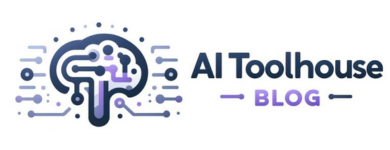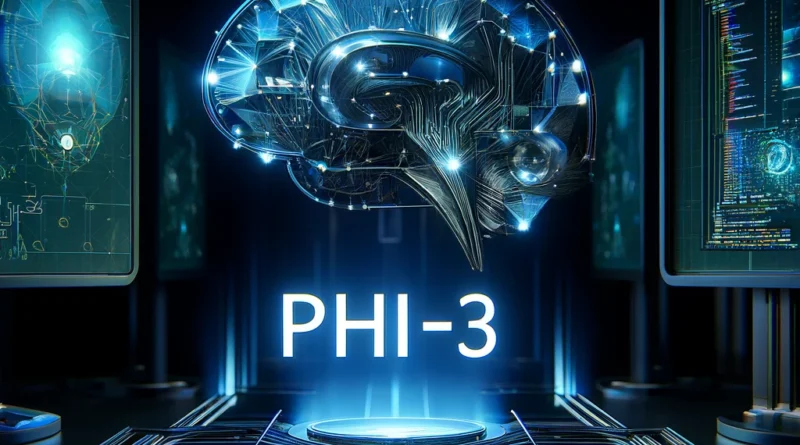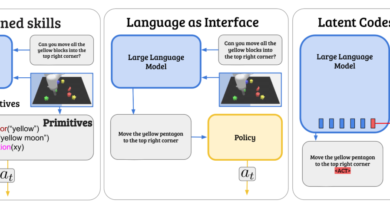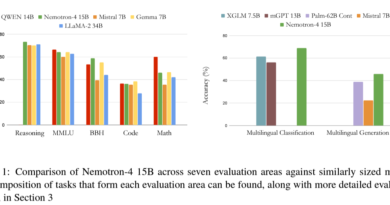Phi-3 Compact LM Microsoft’s New Release
Compact language models are now essential tools in many areas like machine learning and natural language processing, within the fast-growing field of artificial intelligence.
Microsoft, a big name in the AI world, just rolled out its new Phi-3 series of compact language models. This improvement has the ability to substantially boom the productiveness and efficacy of AI-powered programs.
Learn more on its new functions and technological advancements and the feasible impact on the AI organization.
Overview of the Phi-3
- The Phi-3 series of language models is a new addition to Microsoft’s portfolio.
- Building on the achievements of earlier models such the Phi-1 and Phi-2, the Phi-3 models are designed to be incredibly efficient.
- They are therefore perfect for settings with low processing power.
This shows Microsoft’s goal to make powerful AI tools that more people and companies can use without needing super expensive equipment.
Key Features and Technological Updates

- Advanced Parameter Efficiency -The Phi-3 models are great at doing a lot with a little. They can do tasks that often need larger models but with significantly fewer parameters. This is extremely important for employing AI in environments where computer power and storage may be constrained.
- Enhanced Training Techniques – Microsoft has come up with some cool new ways to teach these models. They use transfer learning, which allows the model to learn from larger, more complicated systems. This accelerates the learning process and improves the model’s ability to handle a variety of jobs, making it more useful in the real world.
- Focus on Sustainability – With an eye on being more eco-friendly, the Phi-3 models use less energy. This helps in cutting down their carbon footprint, which is important as we use more and more AI systems around the world.
- Broad Applicability – The Phi-3 models are really versatile. They’re good at analyzing text and solving complicated problems. This makes them handy for businesses and researchers who deal with lots of different data.
These updates make the Phi-3 models not just more powerful, but also more adaptable and better for the planet. They’re designed to be easy to use in a wide range of settings, from small businesses to big research projects.
What Makes the Phi-3 Family Stand Out in the Market?
The Phi-3 family of language models distinguishes itself from competitors in the market by offering something special to the table:
- Compact Yet Powerful – The Phi-3 doesn’t sacrifice performance to conserve space, in contrast to a lot of other little models. It performs on par with much larger models, which is significant for anyone in need of strong AI without the requirement for a vast infrastructure.
- Customizability – Microsoft ensured that consumers may modify the Phi-3 models to meet their own requirements. For developers that require their tools to be accurate in their work, this versatility is a major bonus.
- Ethical AI Considerations – Microsoft developed the Phi-3 with ethics standards in mind, giving fairness, security, and privacy first priority. As society grows increasingly conscious of the ethical implications of artificial intelligence, this is becoming increasingly important.
Market Impact and Future Prospects
The launch of the Phi-3 series is likely to make a big splash in the AI market.
Smaller enterprises and research groups with limited computing resources can now access advanced AI capabilities.
Its ethical design and energy efficiency also ensure that it is adaptable to changing regulations and consumer demands, which may increase its popularity.
Conclusion
The Phi-3 family from Microsoft is a big step forward in making powerful AI tools easier to access and more sustainable.
It follows strict guidelines for safe AI while enhancing the capabilities of developers and companies.
Phi-3 models will be essential in igniting new ideas and upholding moral principles as artificial intelligence (AI) becomes more prevalent in our digital society.
These models have the potential to significantly impact AI in the future by expanding the accessibility of sophisticated tools without compromising on ethical principles or performance.




